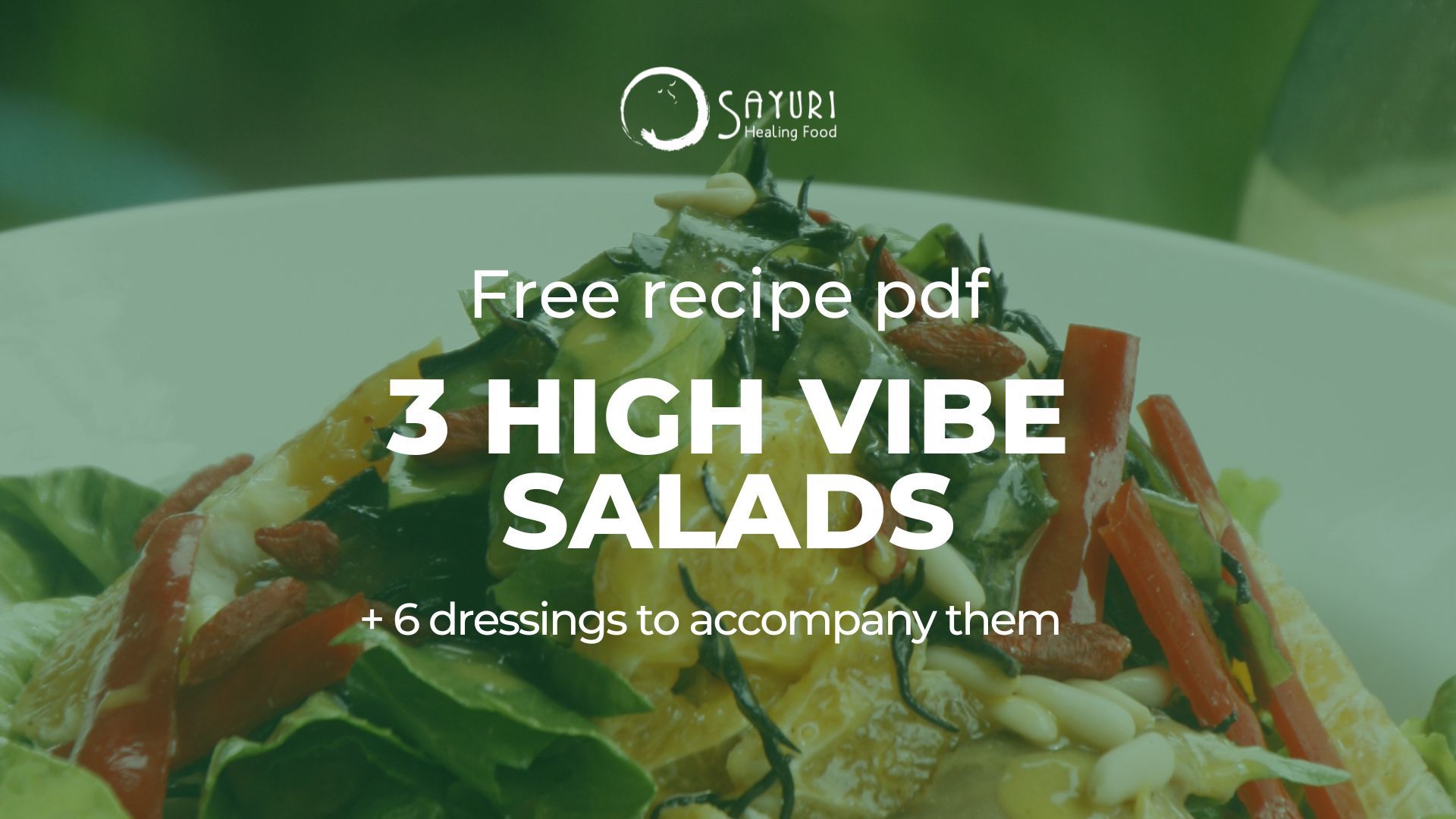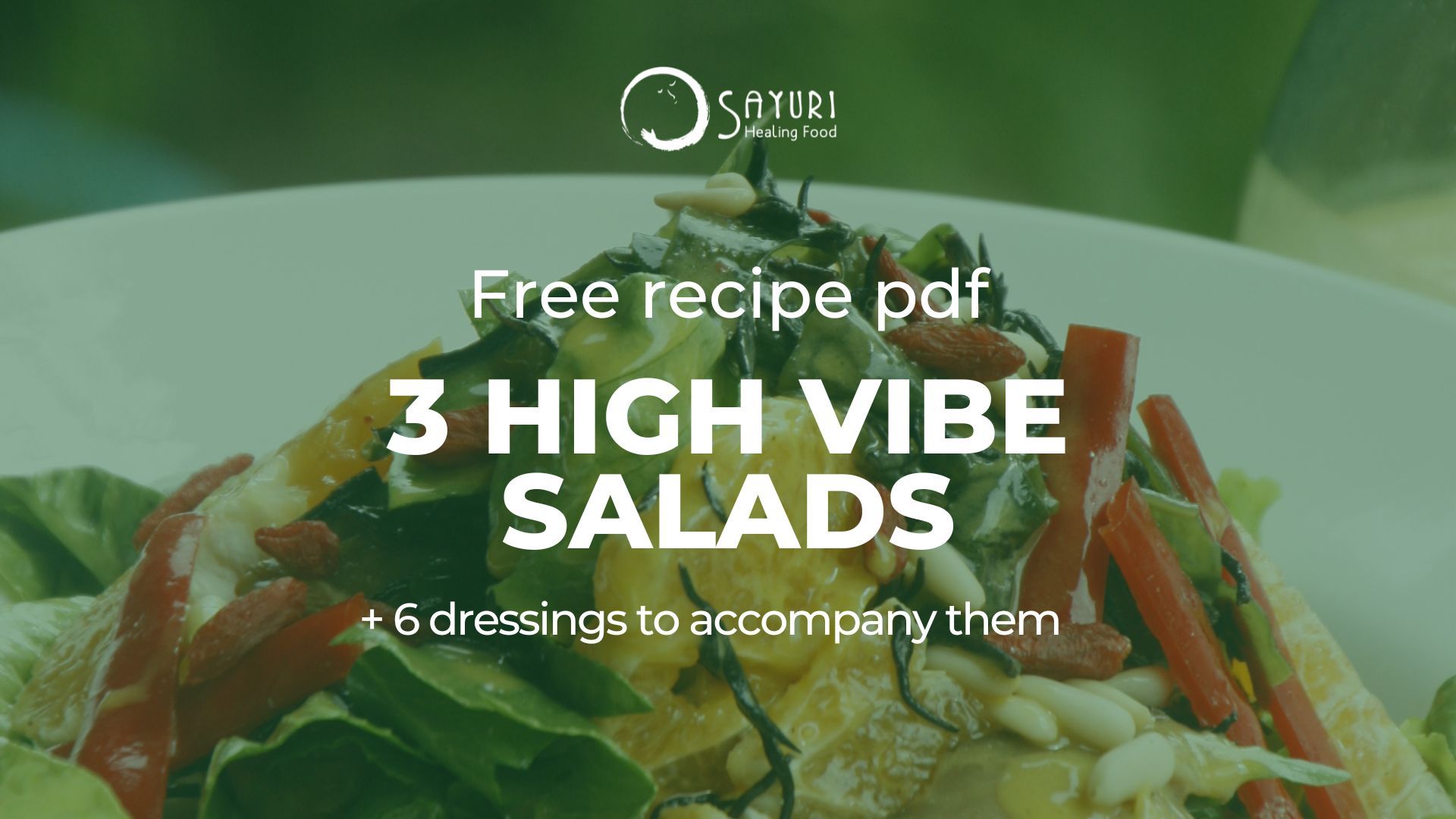
How to balance your vegan diet for optimal vitality
A vegan diet can provide numerous health benefits, including improved heart health, weight management, and lower risk of certain cancers. However, to ensure optimal vitality, it's essential to balance a vegan diet with all the necessary nutrients. In this article, we'll explore how to balance a vegan diet for optimal vitality backed by scientific proof.
-
Protein
Protein is essential for building and repairing body tissues and is found in a wide range of plant-based foods such as beans, lentils, chickpeas, tofu, tempeh, and nuts. A study published in the Journal of the International Society of Sports Nutrition found that a vegan diet can provide sufficient protein for athletes.
-
Iron
Iron is essential for healthy blood cells and brain function. Plant-based sources of iron include dark leafy greens, lentils, fortified cereals, and tofu. However, plant-based iron is not as well absorbed as iron from animal sources. Therefore, it's essential to consume iron-rich foods with vitamin C-rich foods like citrus fruits or bell peppers, which can enhance iron absorption.
-
Calcium
Calcium is essential for bone health and muscle function. Good plant-based sources of calcium include dark leafy greens, calcium-fortified plant milks, tofu, and some nuts and seeds. A study published in the American Journal of Clinical Nutrition found that vegans have similar bone mineral density levels to non-vegans, indicating that a vegan diet can provide adequate calcium.
- Omega-3 fatty acids
Omega-3 fatty acids are essential for brain health and can help reduce inflammation. Plant-based sources of omega-3s include flaxseeds, chia seeds, hemp seeds, and walnuts. A study published in the Journal of the Academy of Nutrition and Dietetics found that vegans have lower levels of omega-3 fatty acids than non-vegans, so it's essential to consume these foods regularly or consider taking an omega-3 supplement.
-
Vitamin B12
Vitamin B12 is essential for nerve function and the production of red blood cells. Plant-based sources of B12 are limited, so it's crucial to consume fortified foods like plant milks or cereals or consider taking a B12 supplement. A study published in the Journal of Agricultural and Food Chemistry found that vegan diets are associated with a higher risk of B12 deficiency.
-
Zinc
Zinc is essential for immune function and wound healing. Plant-based sources of zinc include legumes, whole grains, nuts, and seeds. A study published in the Journal of the American Dietetic Association found that vegans have similar zinc intake levels to non-vegans, indicating that a vegan diet can provide adequate zinc.
A balanced vegan diet can provide all the necessary nutrients for optimal vitality. Plant-based sources of protein, iron, calcium, omega-3 fatty acids, vitamin B12, and zinc can be found in a variety of foods. However, it's essential to plan meals carefully to ensure adequate intake of these essential nutrients. If you're unsure whether your diet is providing all the necessary nutrients, consider consulting a registered dietitian who can help you develop a balanced meal plan.
Here are some practical tips to help you balance your vegan diet for optimal vitality:
-
Eat a variety of plant-based foods: Consuming a variety of plant-based foods, including fruits, vegetables, whole grains, nuts, and seeds, can help you meet all your nutrient needs.
-
Plan your meals: Planning your meals can help ensure that you're getting all the necessary nutrients. Consider using a meal planning app or working with a registered dietitian to develop a balanced meal plan.
-
Read food labels: When shopping for packaged foods, read the ingredient list and nutrition label to ensure that they contain adequate amounts of protein, iron, calcium, omega-3 fatty acids, vitamin B12, and zinc.
-
Consider taking supplements: If you're having trouble getting all the necessary nutrients from your diet, consider taking a multivitamin or individual supplements to help fill any gaps.
It's also essential to listen to your body and pay attention to any signs that you may need more of certain nutritional elements.
For example:
-
Fatigue or weakness could indicate a lack of protein, iron, or vitamin B12.
-
Bone pain or muscle cramps could indicate a lack of calcium.
-
Dry skin or brittle nails could indicate a lack of zinc.
-
Mood swings or depression could indicate a lack of omega-3 fatty acids.
If you're experiencing any of these symptoms, consider consulting a healthcare provider or registered dietitian to help you identify any nutrient deficiencies and develop a plan to address them. By taking a mindful approach to your vegan diet, you can ensure optimal vitality and overall health.


